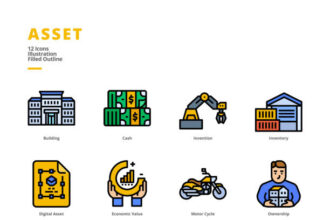The Maasai have a traditional justice system that is based on cultural values, with elders playing a key role in hearing cases and dispensing justice at the clan level. This system emphasizes restorative justice through reparations and community involvement to solve problems and maintain social support, though it faces pressure from formal, Western-based legal systems.
Pillars of the Maasai traditional justice system
- Community-based: The entire community is involved in upholding justice and has a stake in the resolution of disputes.
- Elder-led: A council of elders typically hears cases and determines judgments, drawing on customary law and community values.
- Restorative and reparative: The primary goal is to restore harmony and social order through reparations rather than punishment, which builds trust and reinforces the community structure.
- Clan-level justice: Most cases are resolved at the clan level, reflecting the strong kinship and moiety-based relationships within Maasai society.
- Informal and accessible: Proceedings are often informal and conducted in local languages, making justice more accessible and less expensive than formal courts.�
Challenges and pressures
- External legal systems: The traditional system operates alongside and is often overshadowed by formal state legal systems (e.g., in Kenya), which can lead to conflicts and a decline in the use of customary law.
- Western influence: Formal schooling based on Western values has diminished the authority of traditional decision-making institutions, notes Pawanka Fund.
- Capacity building: There are ongoing efforts to revitalize the traditional justice system and build the capacity of Maasai communities to engage with contemporary legal institutions, supported by organizations like Indigenous Livelihood Enhancement Partners (ILEPA).�
- “JUSTICE BE OUR SHIELD AND DEFENDER”* 1.1 Marginalising Customary Law and Local Justice Systems. * 1.2 Dispensation of Justice after 2010. * 1.3 Objective of the Stud…
The Danish Institute for Human Rights
- Chapter 2 Traditional dispute resolution mechanisms in the … – SSRNSome of the advantages of TDRMs are that: the proceedings are conducted in local languages and hence are understood by the people;
SSRN eLibrary
- Evaporating Indigenous Knowledge Based Justice System …25 Apr 2025 — The Maasai pastoralists’ foundation for their justice system is their culture, which the whole community is obliged to …
Springer
Show all
AI responses may include mistakes. For legal advice, consult a professional. Learn more
